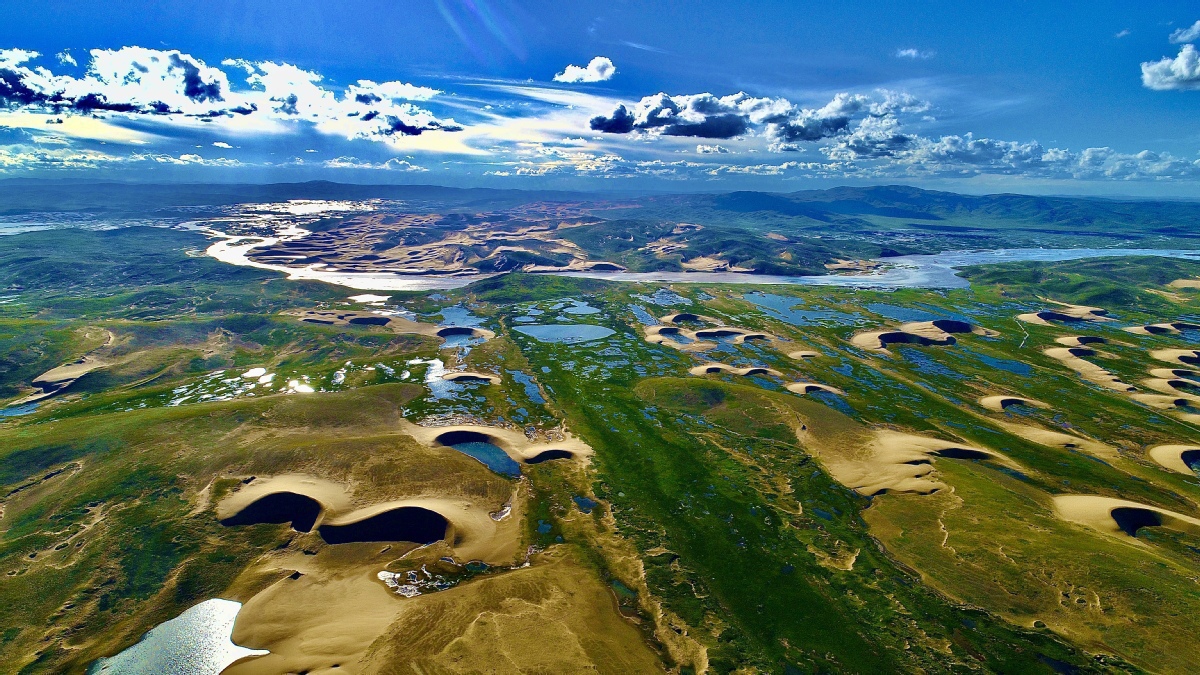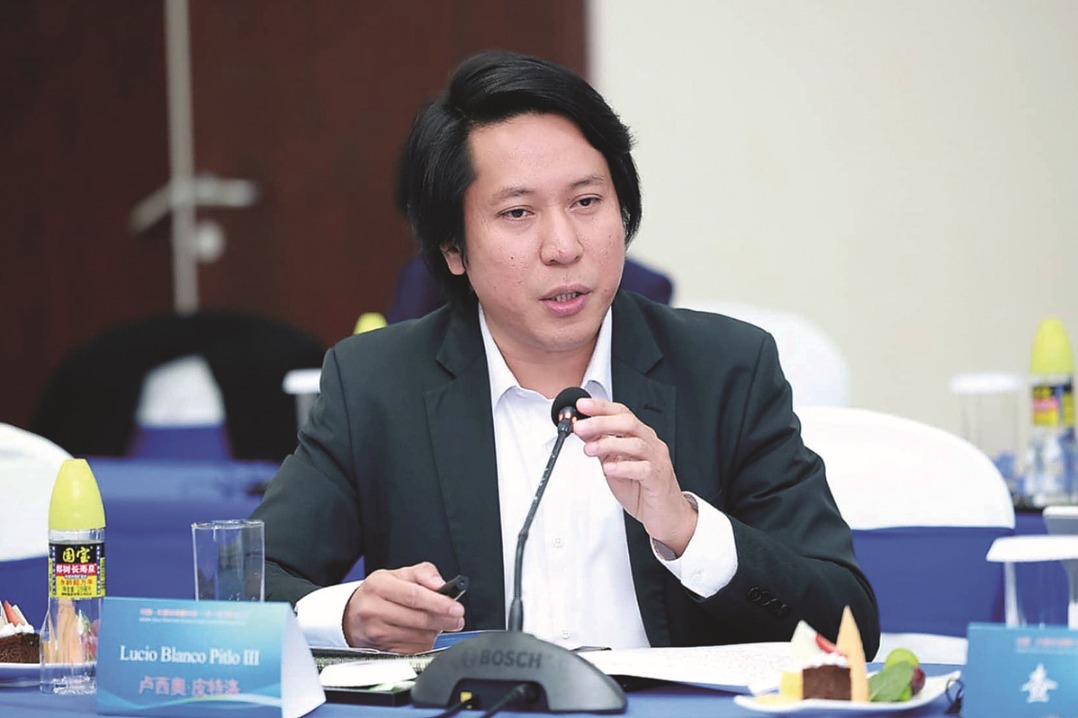China's climate change envoy urges global efforts to address marine issues


Liu Zhenmin, China's special envoy for climate change, has called for intensified global efforts at different levels to address the fragmentation in marine governance amid maritime tensions that threaten the world's economic prosperity and overexploitation that jeopardizes ocean sustainability.
He made the remarks during the 2024 RCEP Youth Dialogue on Regional Cooperation in Marine Economy, which was held on Saturday in Haikou, capital of Hainan province.
Under the theme of "Building a Blue Economy Partnership Together", the event was co-hosted by the China Institute for Reform and Development, China Daily, China Oceanic Development Foundation, the Center for Strategic and International Studies in Indonesia, the Belt and Road Initiative Caucus for Asia-Pacific in Malaysia.
RCEP is the acronym of Regional Comprehensive Economic Partnership, which aims to gradually eliminate tariffs on over 90 percent of the goods traded among its 15 member states - China, Japan, South Korea, Australia, New Zealand and the 10 member countries of the Association of Southeast Asian Nations.
Addressing the event's opening ceremony, Liu highlighted the great challenges the world is confronted with in maintaining maritime peace, which is of great significance for global economy.
Currently, some 90 percent of goods in international trade depend on maritime transport, he noted. Over 3 billion people around the globe depend on ocean for their livelihood, with more than 350 million jobs directly related to the ocean.
Against this backdrop, however, "the Red Sea crisis has disrupted global supply chain," the climate envoy stressed.
The crisis has brought significant impacts to global shipping industry, forcing cargo ships that sail between Asia and Europe to change to other routes, he said.
Aside from increasing the sailing time by 10 to 15 days and quadrupling the shipping costs, this is expected to result in a hike of 10 times in the insurance premium for cargo ships, he added.
"World Bank President Ajay Banga said the Gaza and Ukraine crisis, alone with the crisis in the Red Sea, represent the foremost challenges facing the global economic outlook, potentially leading to the lowest growth rate the global economy has seen in the past 35 or 40 years," Liu stated.
What makes it urgent to further enhance the effectiveness of the global ocean governance is also that the world's ocean is not well protected with overfishing.
"Research shows that only 7.9 percent of the world's marine areas are under effective protection, and about 40 percent of marine fishery resources are on the brink of depletion because of overexploitation," he noted.
The climate envoy stressed that the international community urgently need to form synergy to improve global marine governance, which is now fragmented.
Currently, issues related to marine governance, such as fishery, environmental protection, scientific research, biological resources, and mineral resources, are being managed by different governing systems and institutions. "There is a need to establish relevant coordinating bodies," Liu said.
While strengthening the UN's coordinating role, it is also important to fully leverage the special roles of multilateral and bilateral organizations in enhancing in the governance of the global marine environment, he noted.
He called for intensified efforts at international, regional, and sub-regional levels to ramp up marine observation and data collection, as well as to strengthen international cooperation in marine scientific research, to establish effective partnerships.
































